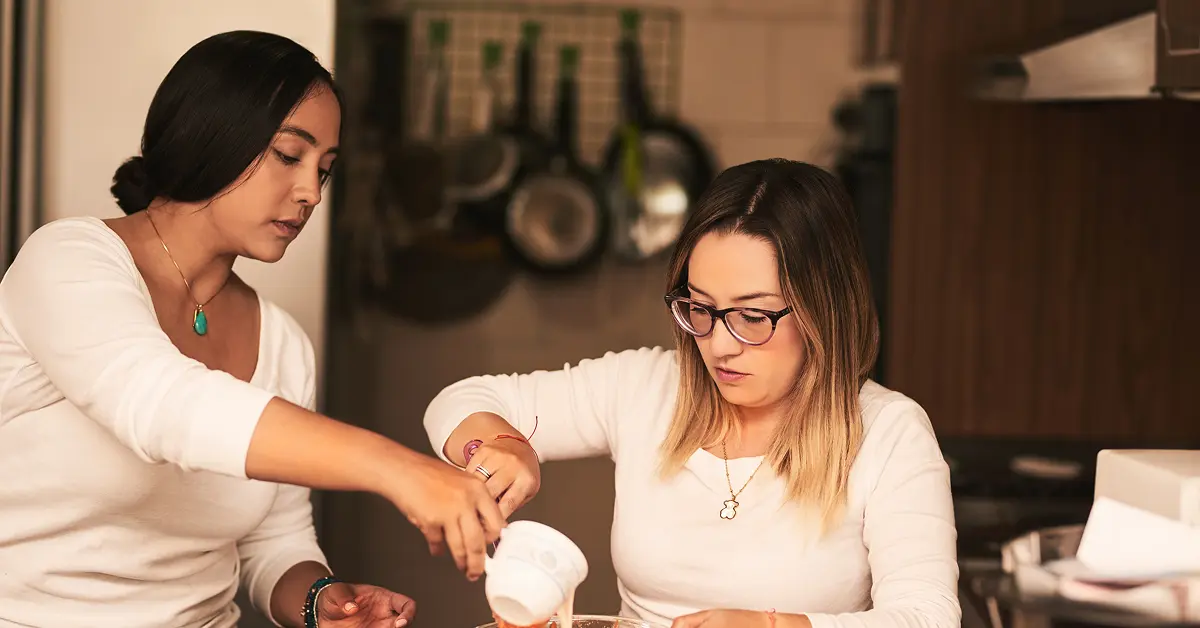In India, the elderly population is growing rapidly, and with this demographic shift comes a silent epidemic—loneliness. With children moving abroad or staying away for jobs, many Patient Care are left alone at home, leading to isolation and depression. Fortunately, professional caregivers and trained attendants are stepping in to fill this emotional void and provide much-needed support. Let's explore how caregivers help reduce loneliness among elders, offering not just physical care but also emotional companionship.
The Emotional Challenge of Elder Loneliness
Loneliness is more than just a lack of company—it’s a deep emotional distress that can lead to depression, cognitive decline, and even cardiovascular diseases. Elderly people often struggle with the loss of a spouse, friends, reduced mobility, and lack of purpose post-retirement. Many live alone or with house help who may not offer emotional support. In such scenarios, caregivers can make a significant difference.
Role of Caregivers in Combating Loneliness
Caregivers are trained not only to provide medical assistance but also to build a personal rapport with the elders. Their regular presence offers consistency, emotional security, and companionship, especially to those who feel abandoned or ignored. Here’s how they help:
Meaningful Conversations
Caregivers often engage in daily conversations with elders, which become a crucial part of the elderly person's routine. Discussing past experiences, family stories, hobbies, or even current events can stimulate the mind and offer a sense of normalcy.
Encouraging Hobbies and Interests
Whether it's helping an elderly person tend to a balcony garden in Delhi or assisting with knitting in Chennai, caregivers encourage hobbies that elders enjoy. These activities keep them mentally active and provide joy in daily life.
Assisting with Technology
In today's digital age, many seniors want to connect with their children and grandchildren through video calls or social media. Caregivers help them use smartphones, tablets, and computers, enabling virtual connections that significantly reduce feelings of isolation.
Accompaniment for Walks and Outings
Caregivers often accompany elders for evening walks, doctor appointments, or temple visits. These short outings are not only good for physical health but also allow social interaction with neighbours or familiar faces in the community.
Celebrating Festivals and Birthdays
In many Indian homes, festivals are a time of joy, but they can feel empty when celebrated alone. Caregivers participate in festive preparations, decorate homes, and even prepare sweets or help arrange calls with family members. Celebrating birthdays and anniversaries with a caregiver around makes elders feel remembered and valued.
Personalised Emotional Support
Every senior has a unique personality and emotional need. Caregivers are trained to understand their moods, triggers, and preferences. By listening actively and showing empathy, they create a safe emotional space. For instance, a caregiver might recognise signs of depression in a widow and gently introduce storytelling, spiritual books, or devotional music to uplift her mood.
Caregivers as a Bridge to Family
Caregivers often act as intermediaries between the elderly and their children living away. They update family members on their parents’ emotional state, health progress, and social activities. This continuous communication builds trust and ensures the elderly person does not feel disconnected from their family.
Importance in Urban Indian Context
Urban cities like Mumbai, Bangalore, and Hyderabad are seeing a surge in nuclear families and elderly individuals living alone. In such settings, the role of a professional caregiver becomes even more vital. Unlike traditional joint families, today’s seniors may not have the luxury of regular interactions with grandchildren or relatives. A caregiver becomes that essential social connection that can lighten their day and improve mental health.
Success Stories from Indian Homes
Many families in India have experienced a noticeable improvement in their elders’ mood and health after hiring a compassionate caregiver. For example, Mrs. Kapoor in Gurgaon, who lost her husband during COVID-19, found solace in a female caregiver who engaged her in art therapy and morning yoga. Similarly, an elderly man in Pune rediscovered his love for music when his caregiver brought him a harmonium and encouraged daily practice.
Training and Sensitivity
Top home care agencies in India now focus on training caregivers not only in first aid and mobility assistance but also in emotional intelligence. Understanding how to respond to silence, mood swings, or sudden emotional outbursts makes caregivers more effective in dealing with senior citizens.
Conclusion: Compassion Makes a Difference
Reducing loneliness among elders is not just about being present—it’s about being emotionally available. A kind word, a shared laugh, or simply sitting beside them during tea time can make all the difference. Caregivers bring this emotional care into the homes of India’s elderly population, helping them feel less alone and more connected to life again.
If you have aging parents or grandparents living alone, consider caregiver services not just for physical help, but to bring back joy, laughter, and meaningful companionship into their daily lives. The emotional investment is just as important as the medical one.
Contents
Our 24*7 services
Latest Posts
- What Is Respite Care and Why Is It Important
- Affordable home care for senior citizens in India
- Caring for Seniors with Dementia or Alzheimer's at Home
- Senior Caregiving A Guide for Every Family
- How to Write a Caregiver Resume That Gets You Hired
- How Care After Hospital Discharge Speeds Up Recovery at Home
- How to Get Home Health Care for Seniors Through Medicare
- What Does a Senior Citizen Caregiver Really Do at Home
- How to Care for Elderly Parents with Alzheimer’s or Dementia
- How to Get 24-Hour Care for Seniors at Home



